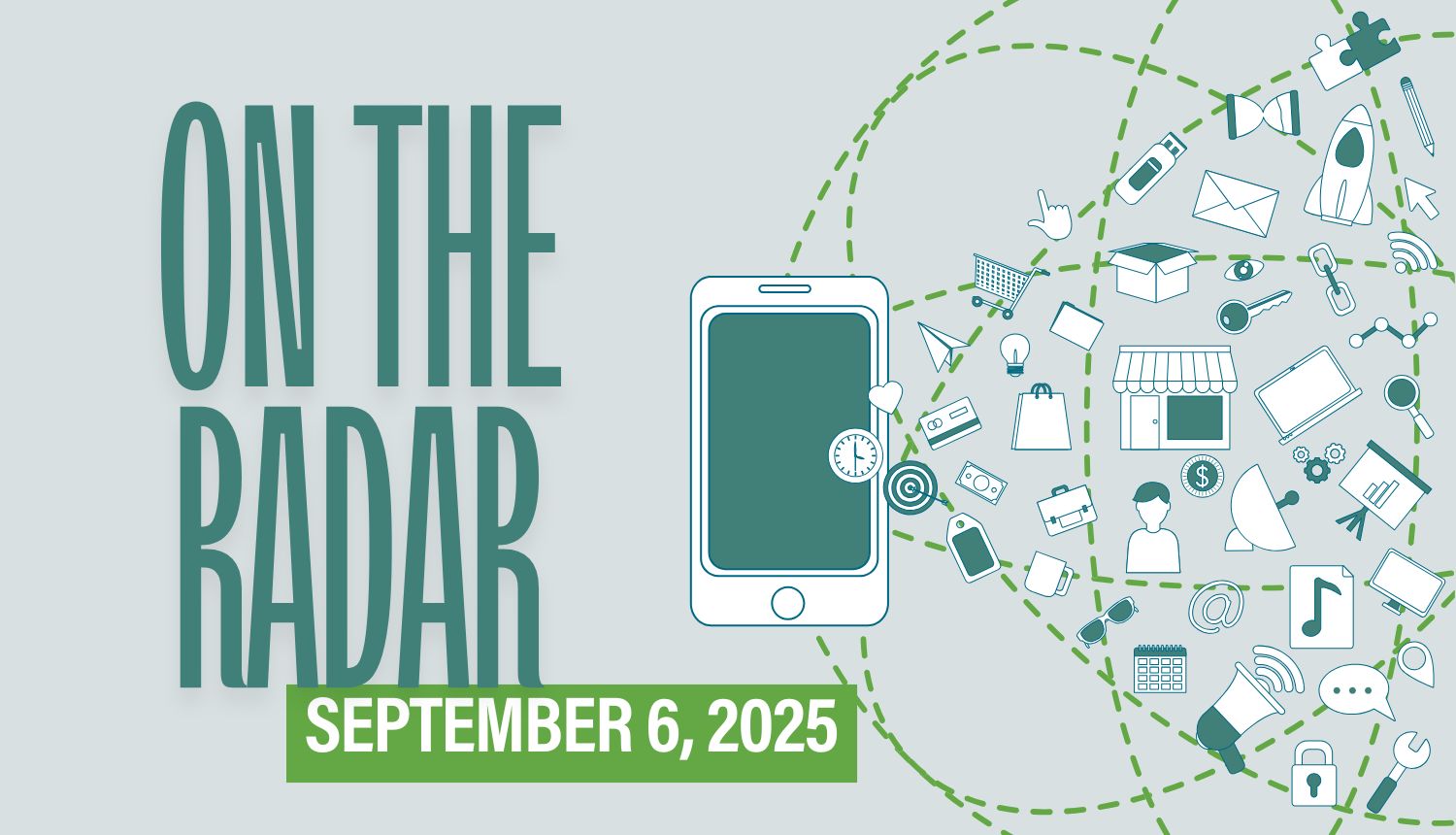Although relationships can be good for the mind, body and soul, there are times when connections with others are just downright toxic. Between the big red flags to defensiveness to phrases that should never be said, there are so many pitfalls to watch out for.
And here’s yet another one: are you being manipulated in your relationship? A psychologist tells Parade what this type of relationship looks like and suggests asking yourself five specific questions to gain clarity on your current situation. Plus, learn what to do if you think you might be experiencing gaslighting, guilt-tripping or other narcissistic, controlling tactics from your significant other, friend or family member.
Ahead, discover the ins and outs of these types of manipulative relationships and ask yourself some soul-searching questions.
Related:If You Answer ‘Yes’ to Any of These 5 Questions, You Could Be in a Narcissistic Relationship, Says a Psychologist
What Is a Manipulative Relationship?
“A manipulative relationship is one in which one person uses psychological tactics to control, exploit or influence another person in unhealthy ways,” says Dr. Holly Schiff, Psy.D., a licensed clinical psychologist. “This is done for personal gain or power.”
She says that in these instances, the manipulator tries to undermine the other person’s confidence, autonomy or sense of reality by guilt-tripping, gaslighting, withholding affection, blame-shifting and being passive-aggressive and emotionally coercive.
And as it turns out, manipulative relationships aren’t limited to romantic relationships. As Dr. Schiff notes, manipulation can occur in familial, professional and platonic relationships as well.
No matter what the connection is, “the core element of a manipulative relationship is an imbalance of power and the use of emotional or psychological tactics to maintain that control,” Dr. Schiff says.
As a result of manipulation, you may find that you are understandably feeling drained, and you may experience mental health issues like anxiety or depression. According to Dr. Schiff, manipulation can also erode your self-esteem and lead to feelings of confusion, helplessness and guilt.
“Over time, it can lead to trauma responses and distort a person’s ability to trust themselves or others,” she says.
Related: The 10 Earliest Signs of Emotional Manipulation To Look Out For, According to Psychologists
If You Answer ‘Yes’ to Any of These 5 Questions, You Could Be in a Manipulative Relationship, Says a Psychologist
1. Do I often feel guilty, even when I’m not sure what I did wrong?
“This question highlights emotional coercion,” Dr. Schiff says. “Manipulators will often create guilt as a way to control your behavior or keep you submissive.”
2. Do I second-guess my memory or judgement around this person frequently?
This question nods to gaslighting, which Dr. Schiff explains is a tactic that is used to make you doubt your reality, question your memory and rely more heavily on their version of events.
3. Am I afraid to express my needs or opinions around this person?
“This will uncover a power imbalance,” Dr. Schiff says. “If you fear speaking up due to anticipated backlash, you are being emotionally suppressed.”
4. Do I feel responsible for their emotions or problems all the time?
You may find that your manipulator deflects responsibility and makes others feel accountable for their life circumstances or their emotional state, as Dr. Schiff explains.
5. Do I feel emotionally drained or anxious after interactions with them?
Dr. Schiff says that consistent emotional exhaustion is a red flag, and your emotional state after a conversation can sometimes reveal more than words.
Related: 10 Manipulative Tactics Straight Out of a Gaslighter’s Playbook, According to Psychologists
If the Answer Was ‘Yes’ to Any of These Questions, What Should You Do?
“Awareness is the first step and the most crucial one,” Dr. Schiff says. “If you are suspecting that you are in a manipulative relationship, seek support—that can be a trusted friend or family member, a therapist or a support group. If the relationship feels emotionally unsafe, begin exploring ways to limit or exit the relationship at your own pace.”
Dr. Schiff also shares this reminder: “If you are being manipulated, please know it is not a reflection of your strength, intelligence or worth. It is difficult to see these dynamics from the inside sometimes, but healing is possible and you deserve relationships that are respectful, reciprocal and emotionally safe.”
Up Next:
Related: 8 Genius Comebacks for Dealing With a Manipulator, According to Psychologists
Source:
- Dr. Holly Schiff, Psy.D., licensed clinical psychologist




![6th Sep: The Witcher Bestiary Season 1, Part 2 (2021), 10m [TV-MA] – Streaming Again (6/10)](https://occ-0-1081-999.1.nflxso.net/dnm/api/v6/Qs00mKCpRvrkl3HZAN5KwEL1kpE/AAAABfxLI942ks8povoAcEXShkyE4i1T4E2OHH3oJmd5v2WV6TUs-P_M6zpo2K6SW9YgL36jfrOx6bXiR1sp2uAHHzMb44aaGEgR4dCR.jpg?r=828)






